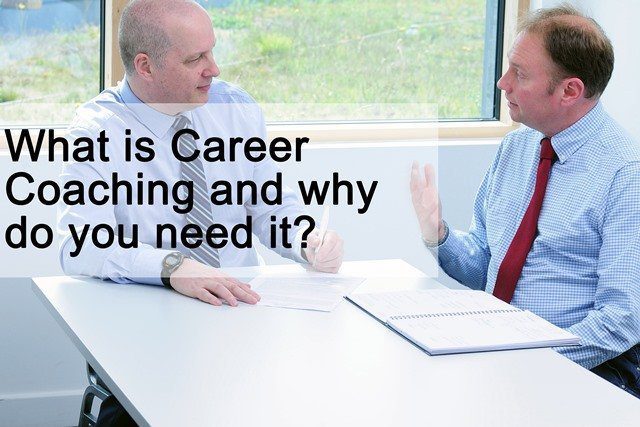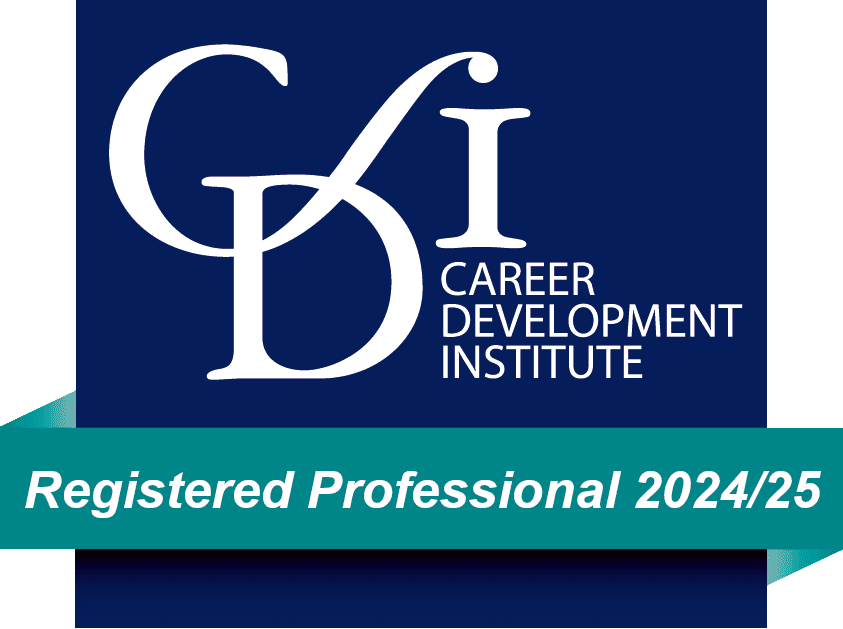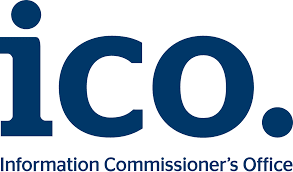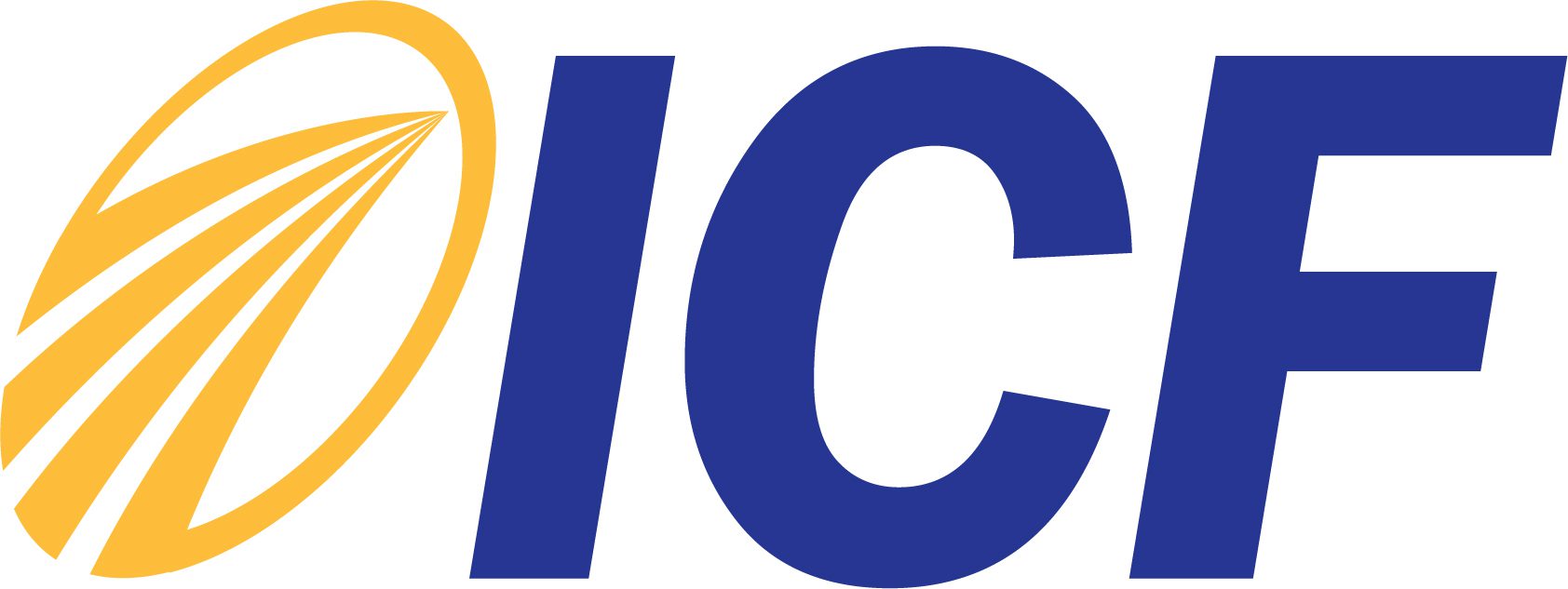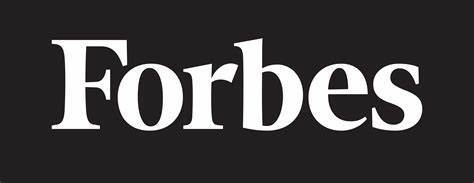As a discipline, career coaching has been with us for some years now, and is virtually a global phenomenon. Its practitioners come from a wide sphere of previous backgrounds; HR, Management, NLP, General Industry Experience, whether Coaching qualified or not (Coaching is still at the time of writing an unregulated industry of course), and the size and scope of services available is also varied, from ‘one person bands’ to large global consultancies. There is no ‘one size fits all’ approach, and due diligence on the clients part, when researching potential career coaching support is highly recommended.
So what is career coaching? I’m going to answer this from my own personal perspective and experiences, and my views won’t be necessarily representative of the industry as a whole. My take is based around helping senior level executives move from role to role, although some of what we do (and certainly comes under the career coaching definition) is help those who want to start with a blank sheet of paper where their career is concerned.
For me the entire purpose of career coaching (at any level, let alone senior executive level, which we as a company work at by the way) is to move the client from where they are now to where they want to be, in terms of career, but importantly from a life perspective also. Career coaching support is one small aspect of the entire world of coaching, and has been embedded in the western world for many years now, but we understand that for many people the concept of coaching, let alone career coaching, is a new one that needs some explanation.
What elements can make up input into a career coaching service offering, and why should you consider coaching if you’re at a point of career transition? I emphasise ‘can make up’, as you will find offers vary widely, and so are some of the promises made to potential clients. I’ll cover some of the typical areas covered in most career coaching inputs a bit later in this article.
It’s about relationships, and always will be
I was at a CIO networking event recently, and one of the attendees I spoke with (he was approaching the end of a ‘year out’ due to personal circumstances) mentioned something which reminded me of the importance of us coaching professionals taking that ‘step back’ when working with a new client, purely to consider where that person might be in their thinking. What my CIO colleague said was along the lines of, “I find with any coaching input it can take (as the recipient) a couple of sessions to start to feel comfortable enough that I can be myself and speak freely about areas that might be of concern to me”. This very personal insight reminded me of the need to take time in any new coaching engagement, to ensure that as practitioners we are always, truly focussed on the client. Therefore career coaching should be a client centred, thoughtful, and insightful but equally pragmatic support mechanism.
Ok, back to the key components in a career coaching program; given what I’ve just mentioned above, a decent amount of time spent in the ‘get to know you’ early stages can pay off later for you as the client. Why? The coach will know you better and be better positioned to provide accurate advice and guidance, based around asking intelligent and probing questions.
CV/Resume
Following this relationship building stage, your CV/Resume & Various versions of an ‘elevator pitch’ will be important ‘stopping off points’ along the road map to your next ideal executive career role. The approach that one career coach from another will follow with your CV may be slightly different, but the driver should be the same; to create a compelling CV that differentiates you from other candidates, and really demonstrates your achievements. We have a particular take on what a senior level CV/Resume should look like, which has been arrived at following our independent research projects where we surveyed a number of executive recruiters and asked them what kind of CV/Resume recruiters want see from a candidate. We produced a report around this subject (download it here); essentially, a punchy summary, then straight into career history with plenty of £$%€ type achievement based information in each bullet point.
Social / Digital Presence
The next step would be to look at your social & digital media presence and how your social/digital footprint represents you online. For ‘social’ I am referring to social media platforms like LinkedIn and Twitter, and for ‘digital’ media I am referring to what (if anything) you have been publishing or sharing online. Some of the other articles or other media we have produced covers some of this aspect in more detail, but in short I would emphasise the growing importance of being a publisher yourself; sharing your knowledge and expertise for the benefit of others, as well as being a means of showcasing your leadership expertise. This activity, aligned with strong (and active) social media accounts will be important not only in your current job search phase, but as a leader in your next role going forward. Social is here to stay, and I urge you to embrace it now as a core focus of finding your next ideal role.
Love your recruiter
What’s your knowledge of the recruitment market like currently? Do you understand the drivers that a recruiter might be working to? How can you capture their attention? Why is it important to understand the mind-set of recruiters? Why should you care? Well, for one increasing your understanding of the mind set and business drivers of a recruiter or executive headhunter will help improve your resilience in the face of probable reflections early on in your job search. We believe in imparting as much information as possible to help our clients understand the mind set of recruiter – we speak to them; they write articles for our website; we pass on what we learn.
So to that point I would suggest that grounding in today’s recruitment market during a career coaching program will be time well spent.
Tell me about yourself…
Preparing for an interview (giving equal importance to a meeting with a recruiter as well as for a specific role) is a given, we all know that. But how long has it been since, as a senior leader, you have been on ‘the other side of the desk’ in a job interview context? You will have perceived good and bad points in your own interview skill set, and as part of a career coaching engagement, these should be discussed, as well being your opportunity to learn tips and strategies to be successful at interview. So interview skills and a thorough grounding in how to present as a successful strategic leader are paramount within a career coaching context.
Differentiators in the Career Coaching sector
Variations in the career coaching offer will exist but this isn’t a sales pitch from us. However, you need to be convinced of a match so ensure you have a personal discussion, read any published articles from the firm(s) you’re considering engaging, and take note of testimonials on the company website or LinkedIn profile page; do they ring true? Are they people like you? Most forms of coaching engagement involve a significant investment upfront, and a commitment from you to engage in the processes over potentially a few months, so you need to be sure that the support you’ll receive will add enough value to your own efforts to really make a difference.
Most people that we work with are seeking their next senior level role (CEO, CFO, CIO for example, among many others) and sometimes it’s not necessarily about finding the ‘next’ role but finding the ‘right’ next role. So we advise that you take a bit of time to fully explore your options going forward before leaping headlong into the next role that comes up.
It’s going to be important to research fully what is out there in terms of support. I really don’t want to overdo this point, but we sometimes get people who come to us, whether via email or a phone call, and it becomes evident at some point that even the most rudimentary of research hasn’t been done before making contact with us, indeed some contacts we receive are under the impression we’re a recruitment firm! The recruiter works for their client (the employer); we work for you, the candidate – there’s the distinction.
Will career coaching guarantee me a new job?
The short answer is no! If we were able to guarantee job offers what a wonderful world it would be.
However, what career coaching should achieve is to help you to become the best candidate that you can be, and in an ultra-competitive job market every ‘edge’ counts. You should be well prepared for interview, getting interviews and useful introductions as part of a career coaching support service. Look at the article ‘5 lessons executive career coaching taught me’ from an ex-client of ours to see for yourself the experience of someone who has worked with us. That’s the type of experience you should be aiming for – a collaborative, empowering journey, arming you with new skills, introductions, and a sense of your own value within the job market, and lastly the ability to hit that interview seat brimming with confidence and putting in your best performance.
Executive career coaching in summary should:
- Empower you, and teach you new skills which you can use again and again
- Allow you to be focussed during a sometimes lengthy and tough job search campaign
- Help you to grow as an individual and professional during the coaching journey
- Use a variety of coaching techniques to allow you to have numerous ‘light bulb moments’ through working with your coach
- Result in the achievement of agreed outcomes, which for us means landing your next ideal role
If you’d like to find out more about how personalised career coaching can benefit you, then drop me a line to arrange an exploratory discussion at [email protected] or call on +44 (0) 203 384 4188

